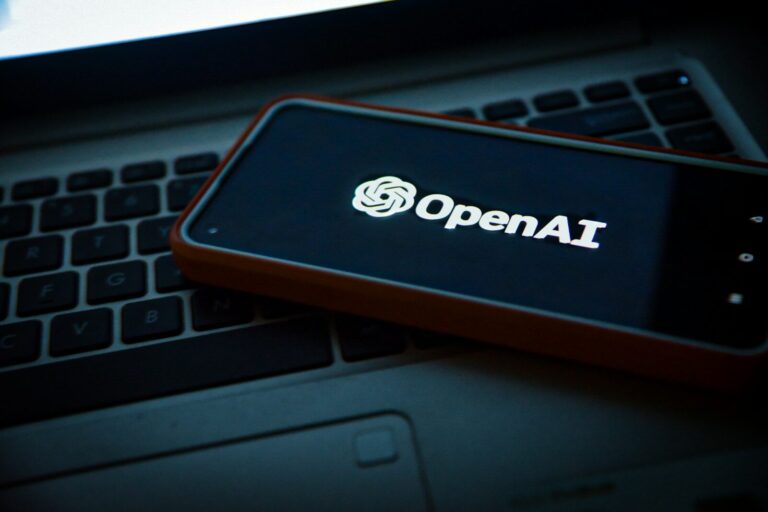ChatGPT App Could Replace AI Google Assistant on Android Phones

The emergence of generative AI apps, such as Microsoft’s Copilot and OpenAI’s ChatGPT, has rendered typical AI voice assistants, such as Siri and Google Assistant, outdated.
AI assistants on phones are limited in what they can do, whereas sophisticated chatbots can carry on human-like conversations, answer questions on a variety of subjects, and can even get real-time information from the Internet. For both iOS and Android, the ChatGPT app effectively replaces the device’s built-in assistant. However, OpenAI’s extraordinarily popular chatbot may soon be able to properly take the place of Google Assistant on Android smartphones.
According to a report by Android Authority, the ChatGPT Android app may be configured to be the default assistant on an Android smartphone based on a code found in the most recent version of the app.
In the report, it is said that ‘com.openai.voice.assistant.AssistantActivity’ is a new activity included in ChatGPT version 1.2023.352, which was issued last month. Although it can be manually launched and enabled, the activity is still blocked by default. According to the report, once activated, it appears on the device screen as an overlay with the same animation as the voice chat feature of the ChatGPT app. Unlike the in-app voice chat mode, this overlay shows up over other apps and doesn’t occupy the entire screen. Thus, by using this assistance, you could potentially communicate with ChatGPT from any screen,” it continues.
However, it’s evident that helper mode is still being developed. There have been reports that the activity ends before you can engage with the chatbot because the animation that plays when you activate it doesn’t finish. According to the source, there is a partial existence of the code necessary for the ChatGPT app to function as a “default digital assistant app.” Additionally, it appears that the ChatGPT app lacks the declarations and metadata tags required to be set as the device’s default assistant.
With Google Assistant and Siri battling to keep up with the latest chatbots, the battle for mobile AI assistants is set to begin. In November, the ChatGPT app became available to all free users on iOS and Android, enabling the app to function as a voice assistant. However, keep in mind that ChatGPT’s free users are unable to access real-time Web information through the app. For example, you will not be able to ask the chatbot about the most recent sports scores or the local weather forecast. However, you can accomplish that using Microsoft’s new standalone Copilot app, which was released last week on both iOS and Android, or the Bing app, which is powered by GPT-4.
While iPhone 15 Pro users can simply bind the ChatGPT app with the special Action Button to bring it up and start speaking with the touch of a single button, Android users are still unable to easily launch the app with a gesture, similar to how they would launch Google Assistant. Meanwhile, Google is working tirelessly to integrate Bard, a creative AI chatbot, with Google Assistant. Additionally, the business just unveiled Gemini, its most potent AI model to date, which is meant to rival OpenAI’s GPT-4 model.
In contrast, Apple appears to be falling behind in the competition for AI assistants. The AI-powered iOS 18 that the iPhone manufacturer is allegedly developing will probably power its upcoming range of smartphones. According to reports, the Siri team will undergo a significant overhaul in Q3 2023 to focus on integrating large language models (LLMs) and artificial intelligence-generated content (AIGC) in the default voice assistant on the next iPhone 16.







